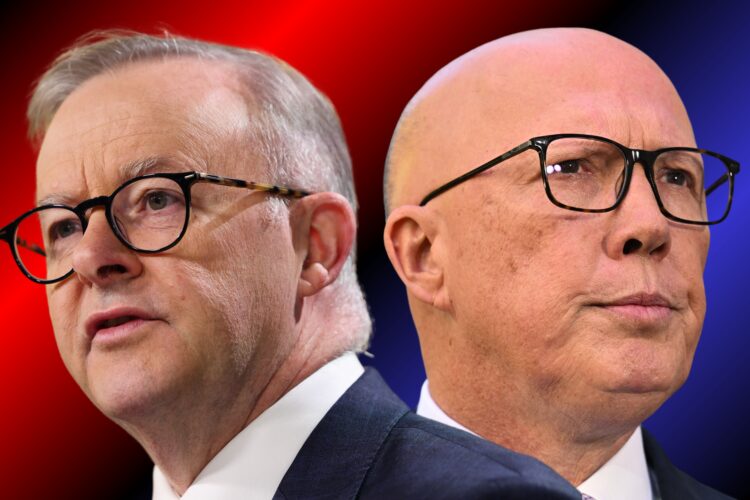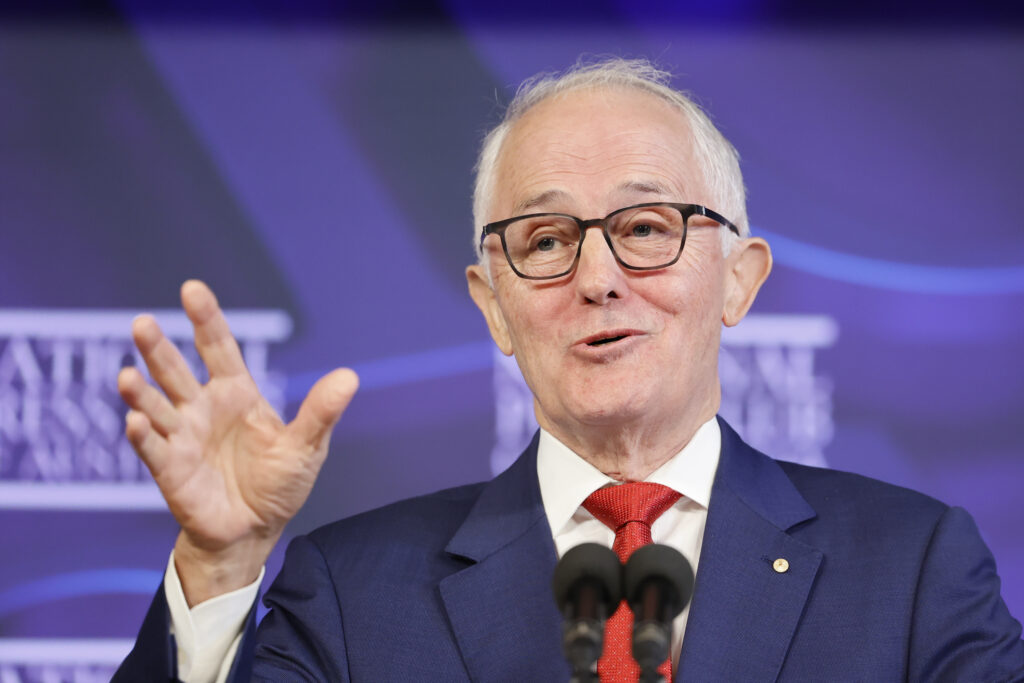Answering your questions: the Coalition’s housing policy
Further to the proposal today by the Liberal Party to loosen the lending standards for people borrowing for a home. This is long time wish of Liberal Senator Andrew Bragg. He was pushing it last year and held Senate committee hearings on the issue looking for people to come out in support of it. Banks love it because it allows them to lend more and make more money. The restrictions were made tougher after the GFC to make sure that… well another GFC does not happen!
Matt Grudnoff and I appeared before the committee rather to his disappointment, not in support of it.
I pointed out that the housing market is already massively distorted by benefits to investors through the 50% capital gains tax discount and negative gearing and relaxing the lending buffers to homeowners was just introducing another distortion.
I suggested it was akin to introducing cane toads to get rid of another introduced species.
“I’d also add that you need to think of why we would even seek to reduce the buffer for first home buyers. Clearly, from your point of view, it is actually to enable first home buyers to get into the market and to be able to actually buy a home and to borrow higher. What is the reason that they need to do that? It is because of the distortions that are in place in the taxation system through the capital gains tax discount and negative gearing. Our argument is: let’s get rid of those distortions rather than bringing in another distortion to try and counter that distortion. It starts getting into a little bit of financial bringing in cane toads to try and get rid of another introduced species. Let’s not try and counter bad things with a potentially other bad thing. Let’s get rid of the bad thing initially.”
Before Matt and I appeared, Paul Holmes the Director of Disaster Relief, Legal Aid Queensland gave evidence in which he pointed out that loosening the rules in place fo mortgages would mean people would be more likely to borrow too much and get into trouble repaying their home loans much quicker.
He told the committee that people usually do everything they can to pay their mortgage and this has can have dire consequences:
“They don’t eat. Their kids don’t eat. They don’t spend on basic expenses such as going to see a doctor. I don’t want that as a life for people. That’s what people are currently doing. These are the people who could afford a mortgage. We are talking about people who aren’t able to afford a mortgage under the current. They are going to be in that position far quicker than people who currently have a loan. It is important, and we can’t forget the human here.”
To recap – the policy will introduce yet another distortion in to the housing market which will raise house prices and make it much more likely that people will find themselves in financial hardship.
So no. Not great.


Loading form…